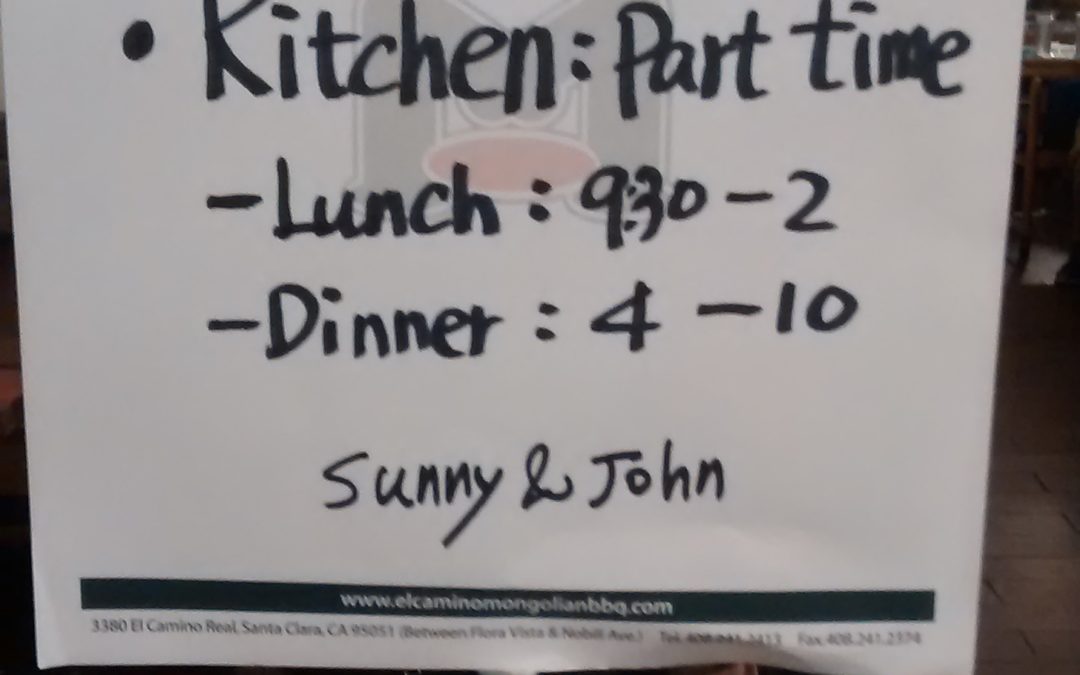by Andy Chen | Feb 20, 2019 | California
A very common question I encounter is some variant of ‘How do I file a lawsuit against a person if I don’t know where they are?’ I often see this from people who want to file for divorce (in California, divorces must be done in court so a lawsuit must be filed) because they want to get married again and don’t want to commit bigamy. This concern exists these people never got a divorce to end their prior marriage. They simply moved out (or their spouse moved out) and each went on with their lives. Sometimes a year or two passes before the idea of wanting to get married to someone else pops up, but sometimes 10 or more years might have passed and, for instance, people move far away or pass away. In such a situation then, how can this person file a divorce case against their spouse if they haven’t seen their spouse for years? Once filed, the divorce papers have to be served on the spouse and that involves finding the spouse. Somehow. The answer to that question is to do Service by Publication. You might have more commonly heard this described as ‘taking out a newspaper ad’. Most newspapers will have a section where legal notices are posted although it is debatable who or how many people actually look at those ads. I’ve used a divorce scenario to illustrate a situation where service may need to be done via a newspaper ad, but the idea of doing Service by Publication is applicable in California, at least, to a variety of civil lawsuits where serving the...

by Andy Chen | Feb 15, 2019 | California, Employment
One of my favorite places to go eat in the San Jose area is El Camino Mongolian BBQ. If you’re ever in the Santa Clara, CA area, stop on in. You can mention my name, if you want. (It likely won’t help you, but you can always mention my name. Ahahahahaha… okay, moving on). I was at El Camino Mongolian BBQ recently and snapped the above photo. The owners (Sunny and John) were hiring for kitchen staff. The subject of this blog post is going to be the two time ranges listed for the Kitchen help. If you’ve ever been to a restaurant — and I’m going to assume everyone reading this has — then it shouldn’t be a surprise to you that restaurant workers don’t work a normal 8 hour day. There’s a wave of people for breakfast (assuming the place offers breakfast) and then another wave for lunch and then another wave for dinner. It’s not uncommon for restaurants to shut down in the mid-afternoon (e.g. 3 PM to 5 PM) in between lunch and dinner. In California, a schedule involving a shut down period like this is called a Split Shift. Depending on their hourly wage, an employee may be entitled to additional compensation if they have to work a Split Shift. The governing law here is actually not going to be in a statute (e.g. California Labor Code) or a case, but rather it’s going to be in California regulations. These regulations are codified in Title 8 of the California Code of Regulations from sections 11010 to 11170. If you see references such as “8...
by Andy Chen | Feb 13, 2019 | California, Estate Planning
A while back, I put a video out on my Youtube channel describing what a Power of Attorney (POA) is and what it can do for you. Here it is, in case you missed it. I also posted previously on this blog about what happens to a Power of Attorney in California when you get divorced and your spouse is your POA agent. In this post, I’m going to go over what happens when a POA that has been properly signed is, nonetheless, not recognized. For sake of illustration, let’s say that your elderly mother has signed a POA naming you as her agent. Your mom wants you to manage her money (e.g. pay her bills) and to do that, you need to access her bank accounts, but your mom’s bank is refusing to cooperate with you. What do you do? The California statute that applies here is Section 4406 of the California Probate Code. One important thing to recognize first, though, is that 4406 only applies to what are called “Uniform Statutory Powers of Attorney”. What this basically means is that 4406 doesn’t apply to any random POA that gets written up, even if it’s written up properly. 4406 only applies to the specific POA that is explicitly specified in the California Probate Code (specifically, section 4401). If you have a Uniform Statutory Power of Attorney in California and it’s been properly signed by the principal (see CA Probate Code section 4121) and a third-party (e.g. a bank, like in this hypothetical) is refusing to honor it, 4406 provides for the following: The agent can sue the third-party...


